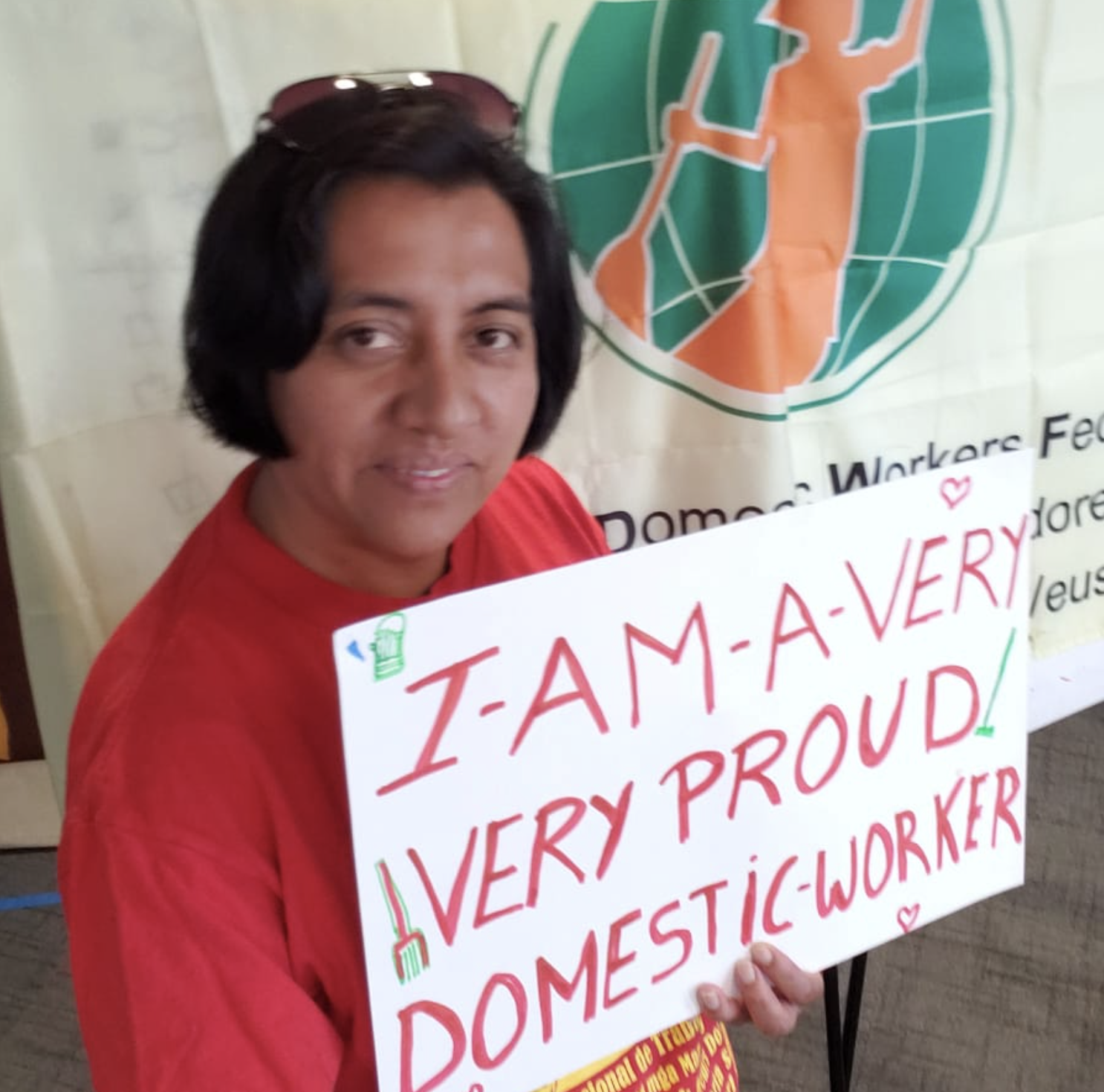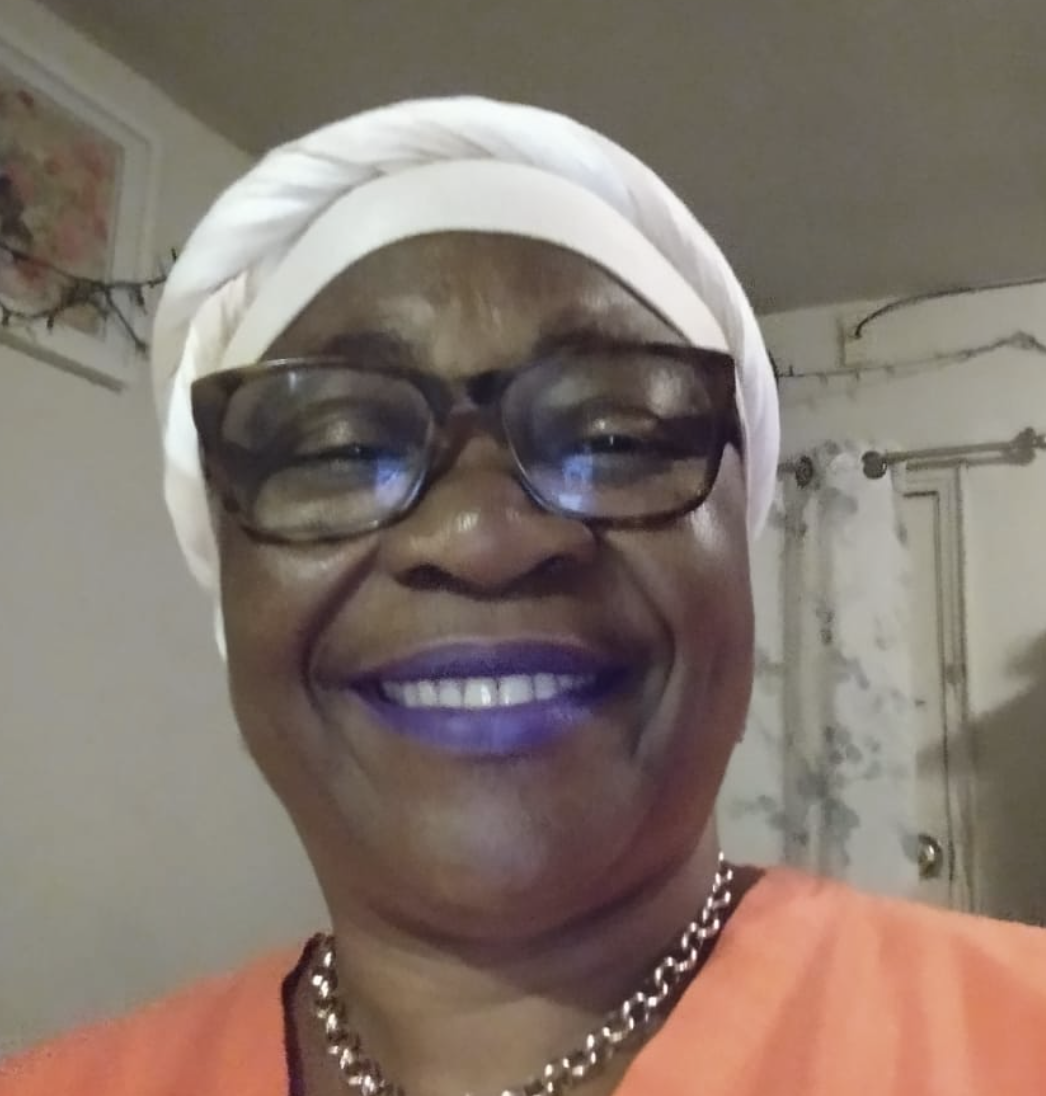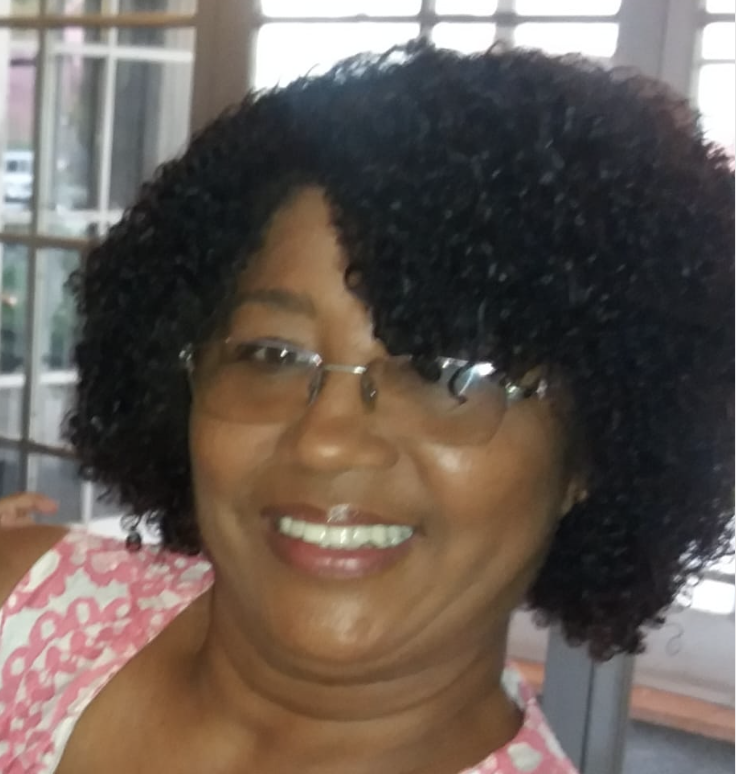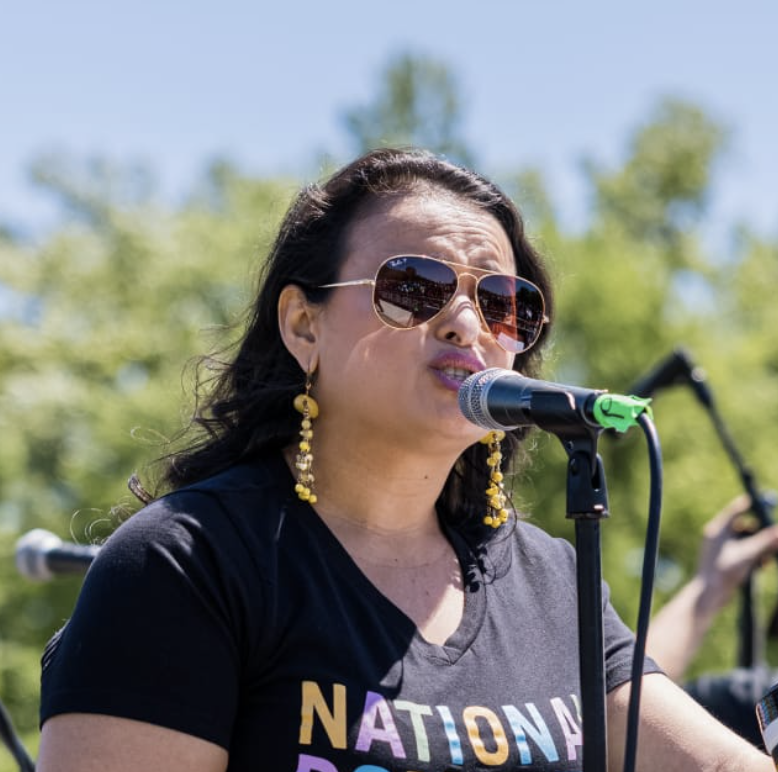I arrived in the United States from South America to be an au pair in Washington DC in 2019. I was 24 years old and my heart was full of hopes to work and study in the United States. I had worked very hard to make that experience happen, but life had a surprise for me. In the first family, located in ward 4, the children treated me very rudely and often bullied me for my accent in English. The parents never offered me food, much less asked if I wanted any food from the store. It seemed that I did not exist, they ignored me and did not treat me as a person. More than once, my employer insulted me, using terms like stupid or saying that I didn’t deserve to be in the United States. I felt that I experienced discrimination because of my race, gender, class and nationality. When I reported to my supervisor, she minimized the abuses and didn't intervene or mediate any of the issues that I reported to her. I also found out that bosses were spying on me on the phone. Having my privacy invaded, I felt in an insecure and unprotected space. Due to all the disrespects, I decided to have a replacement and go for a second family.
In the Au Pair program, I should have received adequate treatment and have my rights respected, but the reality was the opposite even in the second family. They were located in ward 3 of the District I had an even more traumatic experience. At first, they treated me with apparent respect, however they were always ordering me to do more than the childcare duties described by the State Department. For example, I used to work more than 45 hours a week, take the dog for walks, do hard cleaning and cook for the entire family, among other errands. When I couldn't do it anymore, because I was extremely tired, they began to treat me badly. In this household I could not rest in my off time, they were constantly disturbing me asking for favors or making loud noises during very early morning and late night. In my last weeks with them I also suffered wage theft. Again, my supervisor never intervened in the situation. That was very sad and painfull and even more difficult because all this happened to me in the middle of a pandemic.
Despite the difficulty in terms of relationships with families, I enjoyed being with the children, caring for and educating them on a daily basis. This is my passion, and I have been very dedicated to my profession of childcare provider. Finally, I had the opportunity to have a better experience in my second year in the program in another state of the United States, a family that respected my rights.
During my time in DC, I felt the injustice that exists for domestic workers in the US. We are excluded from local and federal work laws. I really think and believe that our work should have labor protections by the state, because unfortunately there are many employers who don’t respect us. With local legislation we will be able to claim our rights.
I cannot give my name for fear of retaliation. Unfortunately, these experiences left me with traumas from which I am still recovering.
I hope that my testimony raises awareness among the council members of Washington DC. I hope my story shows that au pairs are especially vulnerable and need to be included in protections under DC law, just like all other domestic workers. I would love to know that young Au Pairs in the capital of the country have protections and better working conditions.
Au Pair, Anonymous



